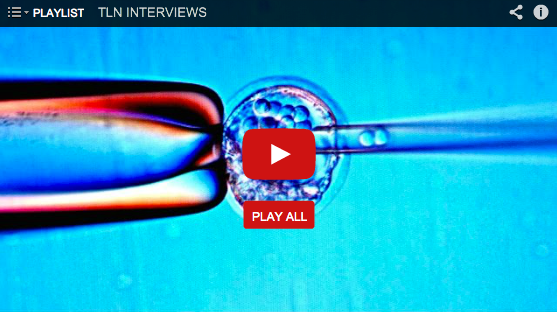 Additional Tickets Released for Stem Cell Institute Public Seminar on Adult Stem Cell Therapy Clinical Trials in New York City May 17th, 2014 (via PRWeb)
Additional Tickets Released for Stem Cell Institute Public Seminar on Adult Stem Cell Therapy Clinical Trials in New York City May 17th, 2014 (via PRWeb)
Stem Cell Institute is releasing additional tickets for its Adult Stem Cell Therapy Clinical Trials seminar on Saturday, May 17, 2014 in New York City at the New York Hilton Midtown from 1:00 pm to 4:00 pm. New York, NY (PRWEB) May 02, 2014 Stem Cell…





